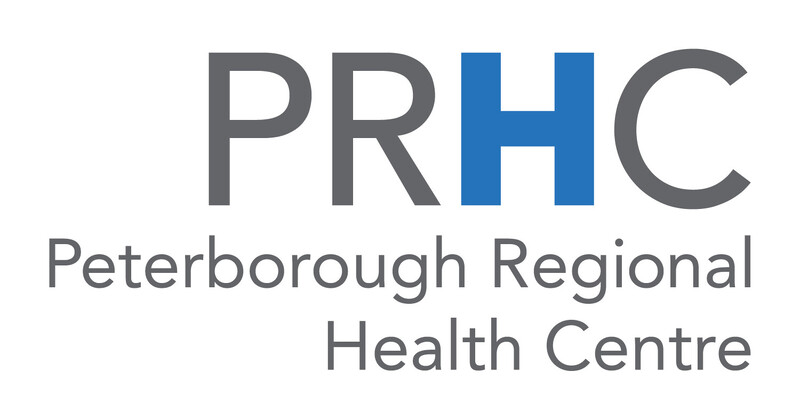When should you start looking for housing?
Moving is stressful! The best thing that you can do to reduce your stress on moving day is to prepare in advance… but exactly how far in advance should you be planning?
1.First, determine your move-in day!
Move-in time can be determined by a number of factors. Consider if you have employment responsibilities in your current home, or if you're meant to be starting your new program or position on a specific date - when does your PGME program start, especially if you're moving internationally? Do you have a few "settle in weeks" available before you start?
If you can get a few extra days or weeks, it will help you get settled in "officially" at your new hospital - PPE fittings, picking up ID, signing paperwork for contracts and licensing, and having time to do a couple of "dry runs" of your commute (whether by car or transit!)
The more time you have to handle all the little pesky things that accompany a new move, the better. Look into documentation for switching over residence, healthcare and vehicle documentation, and what you need before you move.
If you have more leeway, consider the seasonality of the local rental market - rents tend to be lower in the winter months, and movers/cleaners/packers are less busy as well. Are your move in dates competing with all the other newly accepted medical students? If you want to beat the rush and secure a great spot, consider moving a month or two earlier, or opting for a short-term rental before committiing to a longer-term lease! Many medical learners before you have gone with this plan if they are unsure of neighbourhoods and travel times. MedsHousing.com has short-term and long-term listings to help with whichever plan works best for your unique situation!
2. Consider your budget for housing
Often cited is the 50/30/20 rule - which means that whenever possible, you shouldn't pay more than 50% of your after-tax income on your necessities, including utilities, rent, food, car payments, gym memberships, cell phone and other bills. Try to determine what that means for you, and look at what is available in your desired area and price range. Sometimes it may be useful to consider renting a single room or finding a roommate, depending on your personal circumstances!
3. Consider what you're looking for in a home
The amenities and features of your rental can make or break your experience. Consider making a list of “need-to-haves”, “want-to-haves” and “nice-to-haves”. Some ideas include: parking, natural light, transit access, kitchen size, office space, laundry in-unit, bike storage etc. Another factor to keep top of mind is commute restrictions - does your program have a limitation on distance from the hospital? Is public transit adequate/safe to get you to and from rounds on time?
4. Get your ducks in a row to rent
Make sure that you have references from previous landlords when possible, that your credit score is as high as possible, and that you're able to provide a cosigner or statements of income on your rental application. Remember that landlords are entrusting you with their investments or sometimes even their home - the more prepared you are, the less worried they'll be!
5. Start reaching out to landlords!
Now that you're super prepared to rent, try to start reaching out to landlords several months in advance of your anticipated move-in date. Any sooner and it's possible that the property won't be available, but any later may leave you scrambling for slim pickings. Take the time to develop a relationship with owners of great properties, and ask for images, videos and FaceTime tours whenever possible! Oh! And don't forget to check the availability calendars on MedsHousing.com listings. Often our landlords know well in advance when a PGME tenant will be finished and moving home!
One great way to get feelers out well in advance is to post a FREE Meds Want Ad on MedsHousing. Our landlords are experienced in renting to the medical community, and value your input when deciding when to list their properties! You could be the "early bird" who gets the worm.











